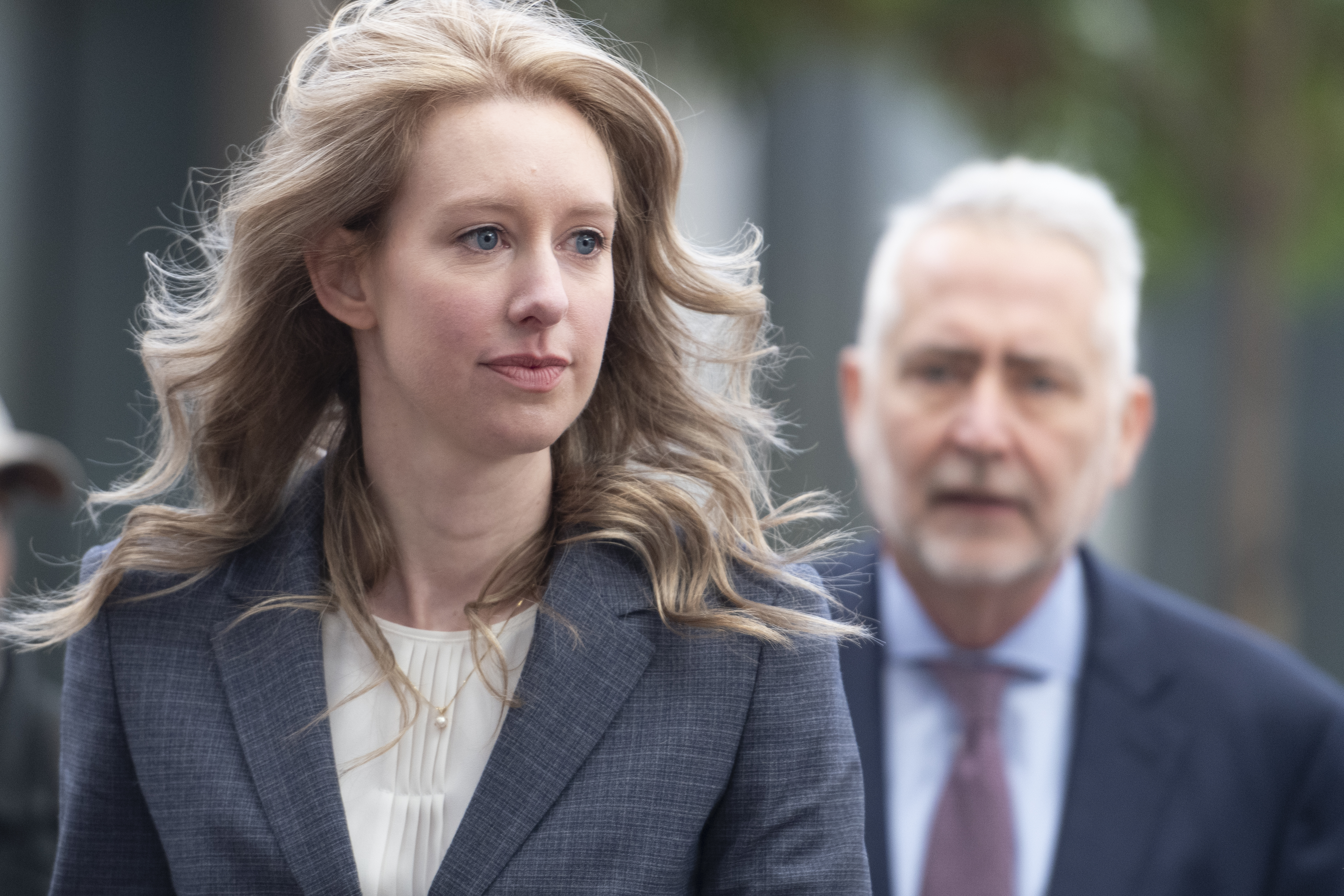
Getty | Yichuan Cao
Judge in Theranos fraud case orders 14-hour psychological test for Holmes
It's the latest twist in the long, long saga of a disastrous startup.
by Beth MoleElizabeth Holmes—the disgraced founder and ex-CEO of the now-defunct blood-testing startup, Theranos—may use a mental condition as a defense against a slew of federal fraud charges, according to a court document filed this week.
Holmes and Theranos’ former president, Ramesh “Sunny” Balwani, were charged in June 2018 with nine counts of wire fraud and two counts of conspiracy to commit wire fraud. Federal prosecutors allege the pair—who were romantically involved during the alleged crimes—engaged in conspiracy to defraud Theranos investors out of more than $100 million and defraud doctors and patients into falsely believing the company’s faulty blood-testing technology could reliably perform accurate health tests with just drops of blood from a finger-prick.
According to the court document filed this week, Holmes—who is now being tried separately from Balwani—notified the court last December that she plans to submit “expert evidence relating to a mental disease or defect or any other mental condition” that has bearing on the issue of guilt. The expert providing such evidence was named in the document as psychologist Mindy Mechanic, of California State University, Fullerton.
According to Mechanic’s faculty website, she focuses on “psychosocial consequences of violence, trauma, and victimization with an emphasis on violence against women and other forms of interpersonal violence.” The site also notes that Mechanic “frequently provides expert testimony in complex legal cases involving interpersonal violence.”
The court document goes on to say what the specific mental health testimony will cover, but the information is redacted.
In response to Holmes’ plans to provide mental health evidence, federal prosecutors requested that they should also be able to examine Holmes’ mental state and provide their own psychiatric evidence in court as a fair rebuttal.
The enforcer
The judge in the case, US District Judge Edward Davila of the Northern District of California, agreed with the prosecutors. As such, he ordered Holmes to undergo up to 14 hours of psychological testing and psychiatric evaluation by two government-appointed doctors over the course of two consecutive days. Davila also ordered that the government’s evaluation of Holmes be recorded on video—over Holmes’ objections.
The mental condition defense is just the latest twist in the long, dramatic saga of Theranos and its darling-turned-pariah founder. Holmes, a college dropout, garnered glowing media attention after founding her startup in 2003 at the age of just 19. She was known for her Steve Jobs-like fashion choices and bold claims of technological prowess. In 2014, the company was valued at $9 billion.
But according to multiple media investigations since, Theranos’ technology was faulty, and much of the company’s claims were misleading or false. Behind the scenes, Balwani was co-leading the company with Holmes and was reportedly known around the office as “the enforcer.”
Holmes had met Balwani while they both studied Mandarin at Beijing University during the summer of 2002, when she was about 18 and he was 37. They later became romantically involved, and Balwani joined the company in 2009.
Holmes’ trial is currently scheduled for March 2021, and Balwani’s trial is expected to follow. They both face up to 20 years in prison.